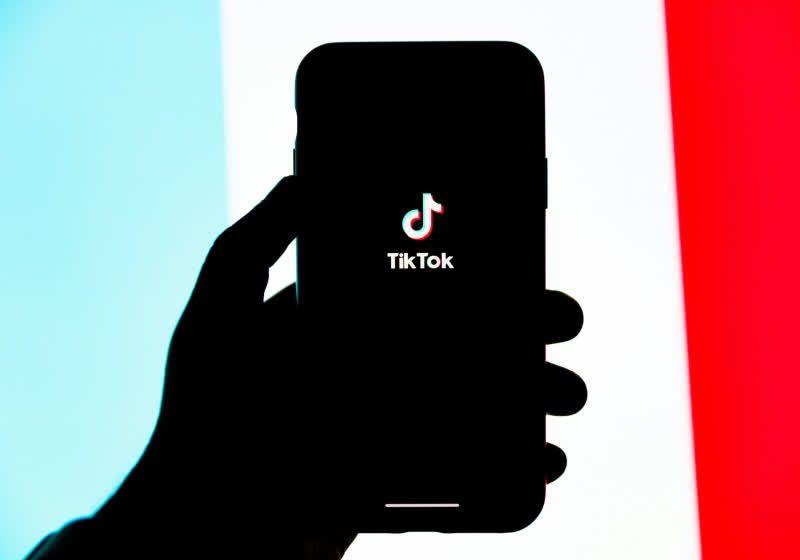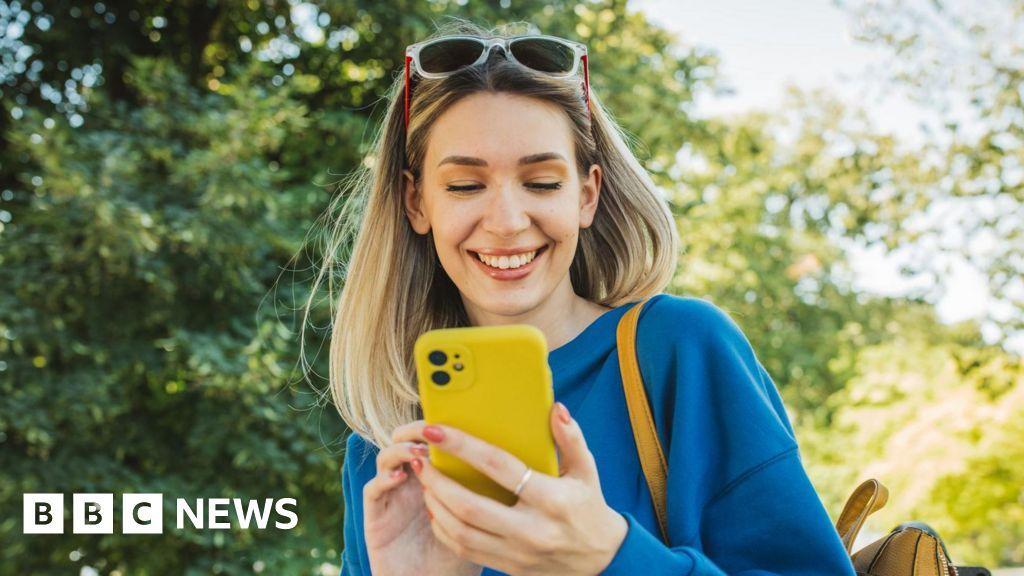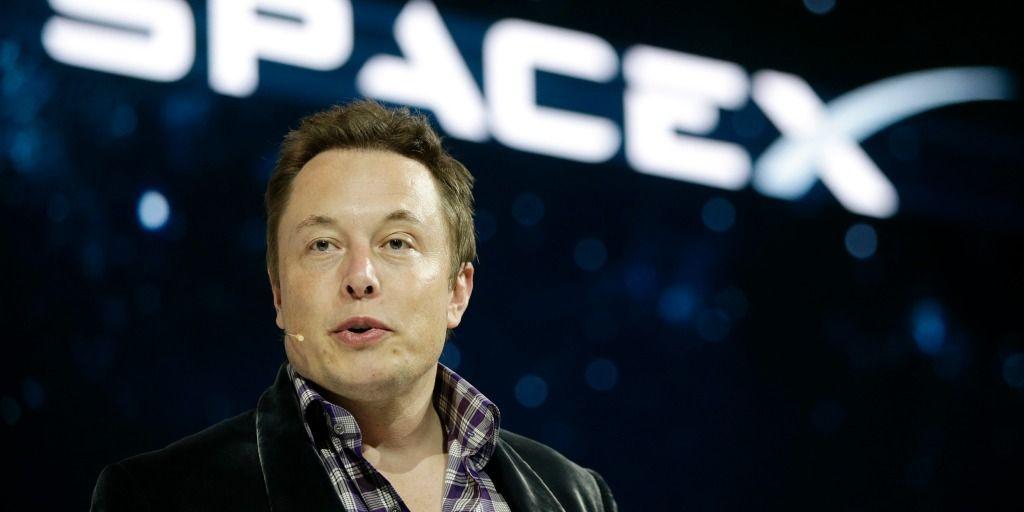US Defends Law Forcing TikTok Sale, Citing National Security Concerns
3 Sources
3 Sources
[1]
US defends law forcing sale of TikTok app
The Justice Department late Friday filed its response to TikTok's civil suit aimed at derailing a law that would force the app to be sold or face a US ban. TikTok's suit in a Washington federal court argues that the law violates First Amendment rights of free speech. The US response counters that the law addresses national security concerns, not speech, and that TikTok's Chinese parent company ByteDance is not able to claim First Amendment rights here. The filing details concerns that ByteDance could, and would, comply with Chinese government demands for data about US users or yield to pressure to censor or promote content on the platform, senior justice department officials said in a briefing. "The goal of this law is to ensure that young people, old people and everyone in between is able to use the platform in a safe manner," a senior justice department official said. "And to use it in a way confident that their data is not ultimately going back to the Chinese government and what they're watching is not being directed by or censored by the Chinese government." The response argues that the law's focus on foreign ownership of TikTok takes it out of the realm of the First Amendment. US intelligence agencies are concerned that China can "weaponize" mobile apps, justice department officials said. "It's clear that the Chinese government has for years been pursuing large, structured datasets of Americans through all sorts of manner, including malicious cyber activity; including efforts to buy that data from data brokers and others, and including efforts to build sophisticated AI models that can utilize that data," a senior justice department official said. TikTok has said the demanded divestiture is "simply not possible" and not on the timeline required. The bill signed by President Joe Biden early this year set a mid-January 2025 deadline for TikTok to find a non-Chinese buyer or face a US ban. The White House can extend the deadline by 90 days. "For the first time in history, Congress has enacted a law that subjects a single, named speech platform to a permanent, nationwide ban, and bars every American from participating in a unique online community with more than one billion people worldwide," said the suit by TikTok and ByteDance. ByteDance has said it has no plans to sell TikTok, leaving the lawsuit, which will likely go to the US Supreme Court, as its only option to avoid a ban. "There is no question: the Act will force a shutdown of TikTok by January 19, 2025," the lawsuit said, "silencing who use the platform to communicate in ways that cannot be replicated elsewhere." TikTok first found itself in the crosshairs of former president Donald Trump's administration, which tried unsuccessfully to ban it. That effort got bogged down in the courts when a federal judge temporarily blocked Trump's attempt, saying the reasons for banning the app were likely overstated and that free speech rights were in jeopardy. The new effort signed by Biden was designed to overcome the same legal headaches, and some experts believe the US Supreme Court could be open to allowing national security considerations to outweigh free speech protection. "We view the statute as a game changer from the arguments that were in play back in 2020," a senior justice department official said. There are serious doubts that any buyer could emerge to purchase TikTok even if ByteDance would agree to the request. Big tech's usual suspects, such as Facebook parent Meta or YouTube's Google, will likely be barred from snapping up TikTok over antitrust concerns, and others could not afford one of the world's most successful apps used by about 170 million people in the United States alone.
[2]
US Defends Law Forcing Sale Of TikTok App
The Justice Department late Friday filed its response to TikTok's civil suit aimed at derailing a law that would force the app to be sold or face a US ban. TikTok's suit in a Washington federal court argues that the law violates First Amendment rights of free speech. The US response counters that the law addresses national security concerns, not speech, and that TikTok's Chinese parent company ByteDance is not able to claim First Amendment rights here. The filing details concerns that ByteDance could, and would, comply with Chinese government demands for data about US users or yield to pressure to censor or promote content on the platform, senior justice department officials said in a briefing. "The goal of this law is to ensure that young people, old people and everyone in between is able to use the platform in a safe manner," a senior justice department official said. "And to use it in a way confident that their data is not ultimately going back to the Chinese government and what they're watching is not being directed by or censored by the Chinese government." The response argues that the law's focus on foreign ownership of TikTok takes it out of the realm of the First Amendment. US intelligence agencies are concerned that China can "weaponize" mobile apps, justice department officials said. "It's clear that the Chinese government has for years been pursuing large, structured datasets of Americans through all sorts of manner, including malicious cyber activity; including efforts to buy that data from data brokers and others, and including efforts to build sophisticated AI models that can utilize that data," a senior justice department official said. TikTok has said the demanded divestiture is "simply not possible" -- and not on the timeline required. The bill signed by President Joe Biden early this year set a mid-January 2025 deadline for TikTok to find a non-Chinese buyer or face a US ban. The White House can extend the deadline by 90 days. "For the first time in history, Congress has enacted a law that subjects a single, named speech platform to a permanent, nationwide ban, and bars every American from participating in a unique online community with more than one billion people worldwide," said the suit by TikTok and ByteDance. ByteDance has said it has no plans to sell TikTok, leaving the lawsuit, which will likely go to the US Supreme Court, as its only option to avoid a ban. "There is no question: the Act will force a shutdown of TikTok by January 19, 2025," the lawsuit said, "silencing (those) who use the platform to communicate in ways that cannot be replicated elsewhere." TikTok first found itself in the crosshairs of former president Donald Trump's administration, which tried unsuccessfully to ban it. That effort got bogged down in the courts when a federal judge temporarily blocked Trump's attempt, saying the reasons for banning the app were likely overstated and that free speech rights were in jeopardy. The new effort signed by Biden was designed to overcome the same legal headaches, and some experts believe the US Supreme Court could be open to allowing national security considerations to outweigh free speech protection. "We view the statute as a game changer from the arguments that were in play back in 2020," a senior justice department official said. There are serious doubts that any buyer could emerge to purchase TikTok even if ByteDance would agree to the request. Big tech's usual suspects, such as Facebook parent Meta or YouTube's Google, will likely be barred from snapping up TikTok over antitrust concerns, and others could not afford one of the world's most successful apps used by about 170 million people in the United States alone.
[3]
US defends law forcing sale of TikTok app
SAN FRANCISCO: The Justice Department late Friday filed its response to TikTok's civil suit aimed at derailing a law that would force the app to be sold or face a US ban. TikTok's suit in a Washington federal court argues that the law violates First Amendment rights of free speech. The US response counters that the law addresses national security concerns, not speech, and that TikTok's Chinese parent company ByteDance is not able to claim First Amendment rights here. The filing details concerns that ByteDance could, and would, comply with Chinese government demands for data about US users or yield to pressure to censor or promote content on the platform, senior justice department officials said in a briefing. "The goal of this law is to ensure that young people, old people and everyone in between is able to use the platform in a safe manner," a senior justice department official said. "And to use it in a way confident that their data is not ultimately going back to the Chinese government and what they're watching is not being directed by or censored by the Chinese government." The response argues that the law's focus on foreign ownership of TikTok takes it out of the realm of the First Amendment. US intelligence agencies are concerned that China can "weaponize" mobile apps, justice department officials said. "It's clear that the Chinese government has for years been pursuing large, structured datasets of Americans through all sorts of manner, including malicious cyber activity; including efforts to buy that data from data brokers and others, and including efforts to build sophisticated AI models that can utilize that data," a senior justice department official said. TikTok has said the demanded divestiture is "simply not possible" -- and not on the timeline required. The bill signed by President Joe Biden early this year set a mid-January 2025 deadline for TikTok to find a non-Chinese buyer or face a US ban. The White House can extend the deadline by 90 days. "For the first time in history, Congress has enacted a law that subjects a single, named speech platform to a permanent, nationwide ban, and bars every American from participating in a unique online community with more than one billion people worldwide," said the suit by TikTok and ByteDance. TikTok shutdown? ByteDance has said it has no plans to sell TikTok, leaving the lawsuit, which will likely go to the US Supreme Court, as its only option to avoid a ban. "There is no question: the Act will force a shutdown of TikTok by January 19, 2025," the lawsuit said, "silencing (those) who use the platform to communicate in ways that cannot be replicated elsewhere." TikTok first found itself in the crosshairs of former president Donald Trump's administration, which tried unsuccessfully to ban it. That effort got bogged down in the courts when a federal judge temporarily blocked Trump's attempt, saying the reasons for banning the app were likely overstated and that free speech rights were in jeopardy. The new effort signed by Biden was designed to overcome the same legal headaches, and some experts believe the US Supreme Court could be open to allowing national security considerations to outweigh free speech protection. "We view the statute as a game changer from the arguments that were in play back in 2020," a senior justice department official said. There are serious doubts that any buyer could emerge to purchase TikTok even if ByteDance would agree to the request. Big tech's usual suspects, such as Facebook parent Meta or YouTube's Google, will likely be barred from snapping up TikTok over antitrust concerns, and others could not afford one of the world's most successful apps used by about 170 million people in the United States alone.
Share
Share
Copy Link
The Biden administration defends a new law that could force Chinese company ByteDance to sell TikTok or face a ban in the United States. The move is based on national security concerns and data protection issues.

US Government's Stance on TikTok
The Biden administration has taken a firm stance on the popular social media app TikTok, defending a new law that could force its Chinese parent company, ByteDance, to sell the platform or face a ban in the United States. This move comes as part of broader efforts to address national security concerns associated with foreign-owned apps
1
.The New Legislation
President Joe Biden signed legislation in April that gives ByteDance approximately nine months to divest from TikTok. If the company fails to comply, the app could be banned in the United States. The law is part of a $95 billion foreign aid package that includes assistance for Ukraine, Israel, and Taiwan
2
.National Security Concerns
The primary justification for this action is the protection of national security. US officials have expressed concerns that the Chinese government could potentially access user data collected by TikTok, which has over 170 million American users. These worries stem from China's national security laws, which could compel Chinese companies to share data with the government
3
.ByteDance's Response
ByteDance has consistently denied allegations of sharing user data with the Chinese government. The company argues that user data is stored in the United States and Singapore, not in China. Despite these assurances, the US government remains skeptical about the app's data handling practices
1
.Legal Challenges
The new law is facing legal challenges from TikTok and some of its content creators. They argue that the legislation violates free speech rights protected by the First Amendment. The US Justice Department, however, maintains that the law is constitutional and necessary to protect national security interests
2
.Related Stories
International Implications
The US government's actions against TikTok have drawn attention from other countries. India has already banned the app, citing similar national security concerns. The European Union has also imposed restrictions on the use of TikTok on official devices. These developments highlight the growing global scrutiny of Chinese-owned technology companies
3
.Potential Outcomes
If ByteDance fails to sell TikTok within the given timeframe, the app could face removal from US app stores. This would significantly impact its user base and business operations in the country. The situation remains fluid, with potential for further legal battles and diplomatic tensions between the United States and China
1
.References
Summarized by
Navi
[1]
[2]
[3]
Related Stories
TikTok's Legal Battle: US Court Weighs Free Speech Concerns Against National Security
17 Sept 2024

TikTok deal finalizes as ByteDance divests US operations to American investors
23 Jan 2026•Business and Economy

Trump Approves $14 Billion TikTok Deal, Reshaping US Ownership Amid Security Concerns
26 Sept 2025•Policy and Regulation

Recent Highlights
1
French Police Raid X Office as Grok Investigation Expands to Include Holocaust Denial Claims
Policy and Regulation

2
OpenAI launches Codex MacOS app with GPT-5.3 model to challenge Claude Code dominance
Technology

3
Anthropic releases Claude Opus 4.6 as AI model advances rattle software stocks and cybersecurity
Technology





